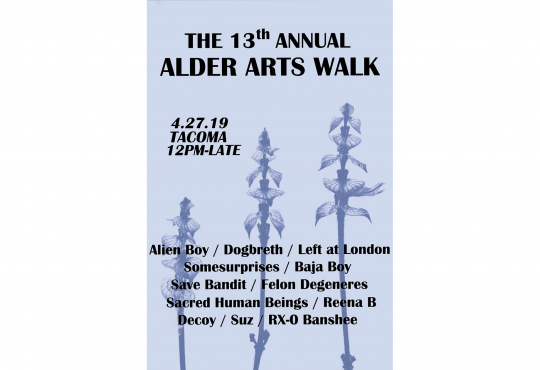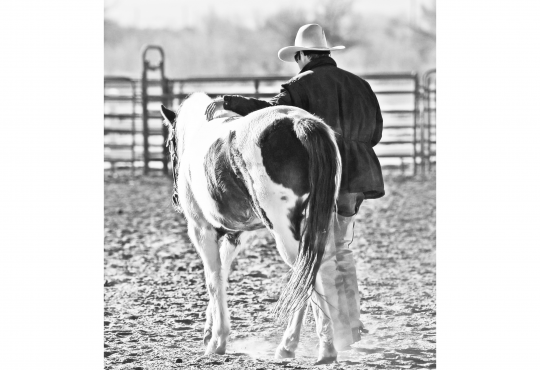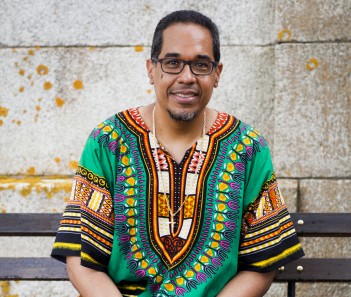First released to the public on July 29, 2014, the pop anthem “Bang Bang,” featuring the talents of English singer-songwriter Jessie J, American singer Ariana Grande and American rapper and singer-songwriter Nicki Minaj, has gained enormous critical and commercial success. The song debuted at number one in the United Kingdom, while the song peaked at number six on the American Billboard Hot 100 and was nominated for “Best Pop Duo/Group Performance” at the 57th Annual Grammy Awards. Critics and fans alike lauded Minaj’s rapid-fire rap. They gave acclaim to the pyrotechnical vocal acrobatics of Jessie J and Ariana Grande.
Jessie J is quoted describing the process of collaborating with Minaj and Grande as a “real females, come-together, empowering, supportive [vibe].” The production of a pop song involving three extremely high-profile pop artists suggests a demonstration of female power, with each contributing her own unique voice and talents to the song. The music video appears to further illustrate this, showing the three pop divas coming together atop a skyscraper amid reveling, attractive youth. However, the song’s intentions, creation and implication do not seem to line up very well.
The main disconnect between the ideal of female empowerment and the result is in the lyrics of the song. The first verse, sung by Jessie J, says, “She got a body like an hourglass/ But I can give it to you all the time/She got a booty like a Cadillac/ But I can send you into overdrive.” Similarly, the second verse, sung by Grande, says, “She might have let you hold her hand in school/ But I’ma show you how to graduate/ No, I don’t need to see you talk and talk/ Just come and show me what your mama gave.” In both cases, a woman is speaking to her suitor (presumably male), effectively stating that the other woman this suitor may be attracted to is her competition and is inferior to her.
This theme of a woman proclaiming her superiority as a potential mate is by no means new, especially in the realm of pop music. Without looking too far, there lies the example of Taylor Swift’s pop hit “You Belong with Me,” in which Taylor repeatedly asserts that her love interest’s current partner is a poor choice. “You say you’re fine/ I know you better than that/ Hey, whatcha doing with a girl like that?” Swift sings, ending a verse wherein she praises her love interest and belittles the object of his affections.
In both songs, what the lyrics suggest is not necessarily wrong or even implausible. There is little doubt about the fact that demographics for these pop artists exist and can greatly identify with lines such as “See anybody could be good to you/ You need a bad girl to blow your mind.” Such feelings are legitimate. The bigger problem is the fact that, in both of these songs (and so many others), women are shown interacting with one another mostly as competitors for a man’s attention, and women are shown as powerful, primarily by means of their sexuality.
Herein lies a dilemma: how problematic is the presentation of female empowerment as female sexuality? On one hand, the acknowledgement and education of young women (who are a significant demographic for all four pop artists mentioned above) about their sexuality is crucial to their healthy development. None of these four artists feign purity or innocence; they have desires that may seem selfish or demanding and they are unafraid to express them.
What is perhaps the greater problem is the fact that so few songs feature women communicating positively toward one another, while so many of these songs feature women scorned blaming other women alongside, if not in the place of, untrustworthy suitors.






